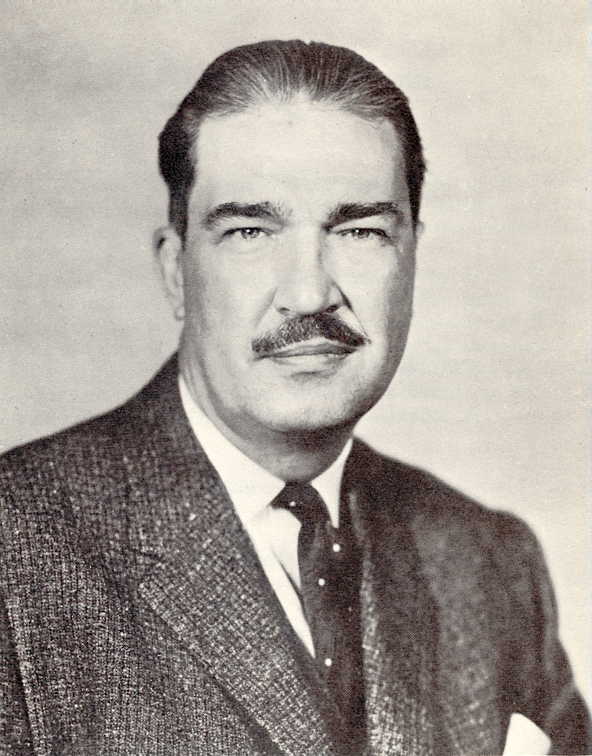The Jewish Strategy, Chapter 12 "Christianity"
1990s, The Jewish Strategy (2001)
Revilo Pendleton Oliver: Zitate auf Englisch
"Revised Historiography", Liberty Bell magazine (April 1980)
1970s, 1980s
"The Bear in the Bush", Liberty Bell (September 1990)
1990s
"On the Roof of the World", Liberty Bell magazine (December 1987)
1970s, 1980s
"Spiced Crambe", Liberty Bell magazine (March 1993)
1990s
The Jewish Strategy, Chapter 12 "Christianity"
1990s, The Jewish Strategy (2001)
"Can 'Liberals' be Educated?", speech (January 7, 1966) published in National Vanguard http://www.nationalvanguard.org/story.php?id=5442 (July 8, 2005)
1960s
"Orage and New Age Consciousness", private letter, February 1977, published on National Vanguard http://www.nationalvanguard.org/story.php?id=6657 (October 25, 2005)
1970s
"What We Owe Our Parasites", speech (June 1968); Free Speech magazine (October and November 1995)
1960s
Even so, however, the Catholic dervishes are obviously responsible for the eventual dominance of mestizos in "Latin" America, and many similar misfortunes.
The Jewish Strategy, Chapter 12 "Christianity"
1990s, The Jewish Strategy (2001)
"Afterthoughts on Afterlife", Instauration magazine (August 1980)
1970s, 1980s
The Price of the Head, Instauration magazine (March 1980)
1970s, 1980s
"Revised Historiography", Liberty Bell magazine (April 1980)
1970s, 1980s
"The Bear in the Bush", Liberty Bell (September 1990)
1990s
"What We Owe Our Parasites", speech (June 1968); Free Speech magazine (October and November 1995)
1960s
And that settled it. The master had spoken.
"What We Owe Our Parasites", speech (June 1968); Free Speech magazine (October and November 1995)
1990s
"Orage and New Age Consciousness", private letter, February 1977, published on National Vanguard http://www.nationalvanguard.org/story.php?id=6657 (October 25, 2005)
1970s
"On the Roof of the World", Liberty Bell magazine (December 1987)
1970s, 1980s
"Revised Historiography", Liberty Bell magazine (April 1980)
1970s, 1980s
"Revised Historiography", Liberty Bell magazine (April 1980)
1970s, 1980s
The Jewish Strategy, Chapter 12 "Christianity"
1990s, The Jewish Strategy (2001)
"What We Owe Our Parasites", speech (June 1968); Free Speech magazine (October and November 1995)
1960s
"What We Owe Our Parasites", speech (June 1968); Free Speech magazine (October and November 1995)
1960s
"On the Roof of the World", Liberty Bell magazine (December 1987)
1970s, 1980s
"The Descent of Islam", National Vanguard magazine (January-February 2003)
"The Price of the Head", Instauration magazine (March 1980)
1970s, 1980s
"Afterthoughts on Afterlife", Instauration magazine (August 1980)
1970s, 1980s
"What We Owe Our Parasites", speech (June 1968); Free Speech magazine (October and November 1995)
1960s
"A World Grown Grey With Their Breath", Liberty Bell magazine (January 1988)
1970s, 1980s
"The Bear in the Bush", Liberty Bell (September 1990)
1990s
